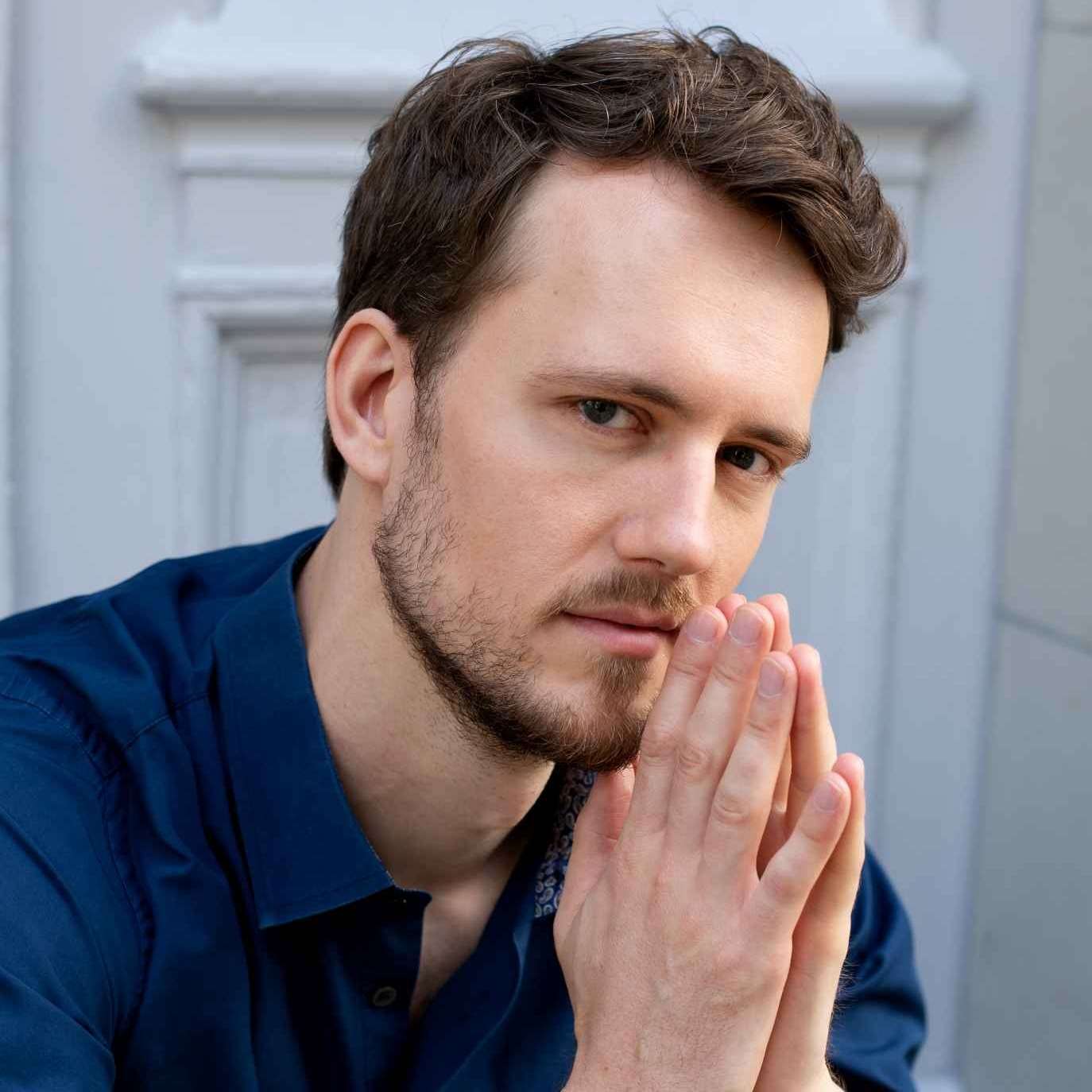
Baritone, Bass-Baritone
Yannick Debus
Represented by

Represented by
Florian Helgath , Conductor
Lorenzo Viotti, Conductor
Anna Bernreitner, Stage Director
Lorenzo Viotti, Conductor
Anna Bernreitner, Stage Director
Guido Helbling, Conductor
Sesto Quatrini, Conductor
Floris Visser, Stage Director
Sesto Quatrini, Conductor
Floris Visser, Stage Director
Lescaut Manon, Dr. Falke Die Fledermaus, Don Fernando Fidelio, Guglielmo Così fan tutte, Conte d'Almaviva Le nozze di Figaro, Harlequin Ariadne auf Naxos, Graf Dominik Arabella, Lesbus Agrippina, Jakob Lenz, Schaunard La bohème at Opernhaus Zürich. Orpheus at the Drottningholms Slottsteater, Das Lied von der Erde / Lieder eines fahrenden Gesellen at Staatsoper Stuttgart, Guglielmo Così fan tutte with Orchestre National de Lyon, Monteverdi’s L'Orfeo with Freiburger Barockorchester and René Jacobs at Berliner Philharmonie, Philharmonie de Paris and Gran Teatre del Liceu.
Concert engagements: Christus St. John Passion at Opernhaus Zürich and with the Netherlands Philharmonic Orchestra at Concertgebouw Amsterdam, Jesus St. Mark Passion at Bachwochen Thun (Gordon Hamilton), Vaughan Williams’ A Sea Symphony with the Bodensee Philharmonie Konstanz, Carmina Burana at Tonhalle Zürich, Concertgebouw Amsterdam, and with the Brussels Philharmonic, Ein deutsches Requiem with Kultur Ruhr and at Wolfegg Festival, Orfeo with Freiburger Barockorchester, Christus St. Matthew Passion with St. Michaelis Musik, Wrocław Philharmonic, and Freiburger Barockorchester, Raphael/Adam Die Schöpfung with Theater Basel, Handel’s Alexander’s Feast at Brucknerfest Linz.
Ercole in Bembo’s Ercole amante with Il Gusto Barocco, Brahms Requiem with the Bamberger Symphoniker at the Wolfegg Festival Mahler’s Kindertotenlieder in Heidelberg, Christus Matthäus Passion in Seoul, South Korea, Frankfurt, Paris, Montpellier, Wroclaw, Budapest, Zürich, Guglielmo Così fan tutte with Orchestre National de Lyon, the title part in Kusser’s Adonis at the Stuttgart Barock Festival with Jörg Halubek (CD recording), both roles Raphael and Adam in Haydn’s Die Schöpfung at Konzerthaus Berlin, Rodomonte in Haydn's Orlando Paladino and Bass solo in Messiah, Bach’s Magnificat, and Cantata 147 with Kammerorchester Basel, Masquerama Concert with Oslo Barokkanerne ensemble, Jupiter Platée, Apollo e Dafne with the Freiburger Barockorchester, Händel's Israel in Egypt at Philharmonie de Paris, Konzerthaus Freiburg and Berliner Philharmonie with René Jacobs, Graf Dominik in Arabella at Opernhaus Zürich; the Poet in Cimarosa’s L'impresario in angustie in Lübeck, Kaiser in Der Kaiser von Atlantis, Figaro in Milhaud's La mère coupable - at Theater Basel, Emireno in Händel's Ottone, Re di Germania at Innsbruck Festival of Early Music, Sprecher, Zweiter Priester in Die Zauberflöte at Opernhaus Zürich.
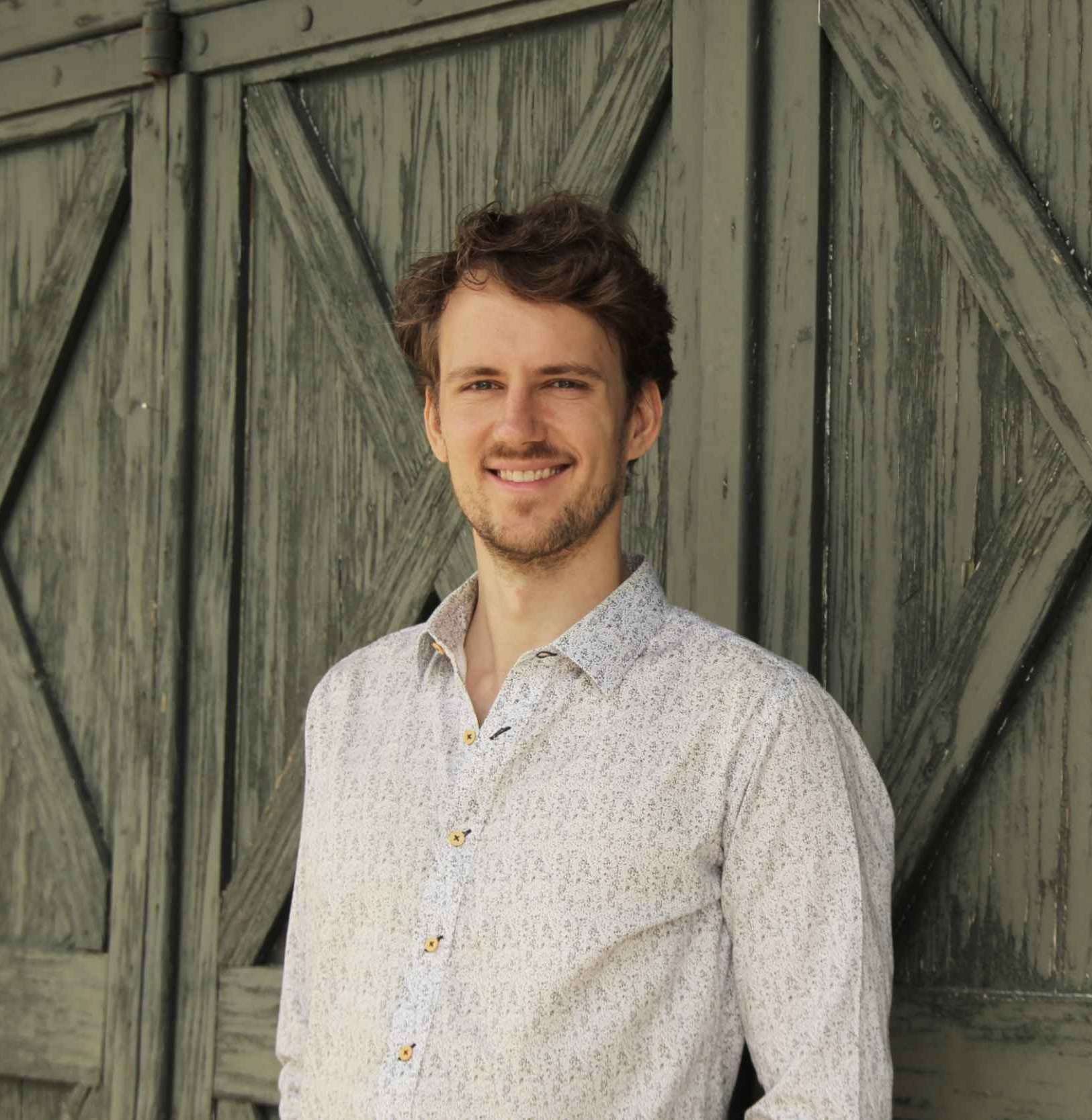
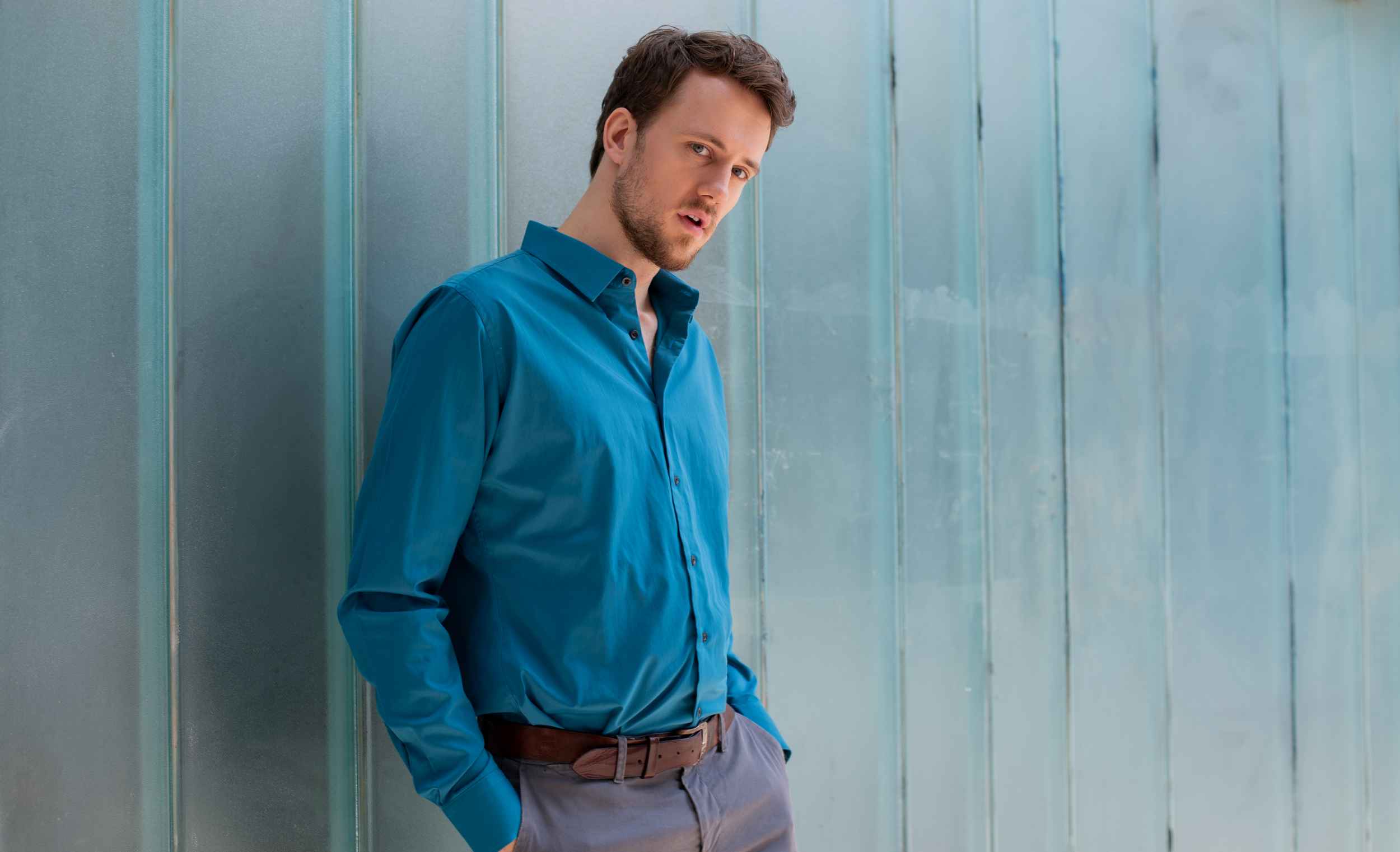
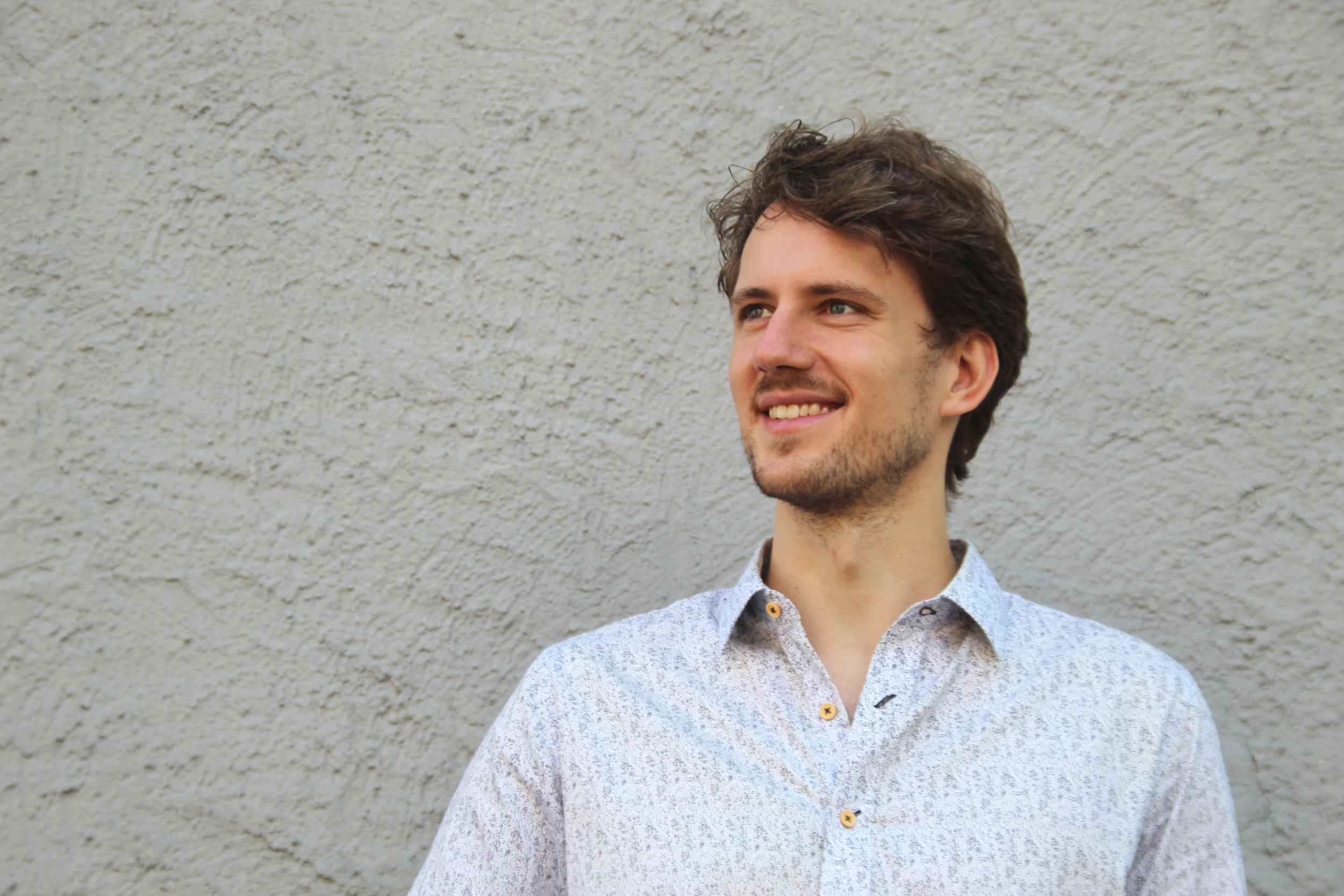
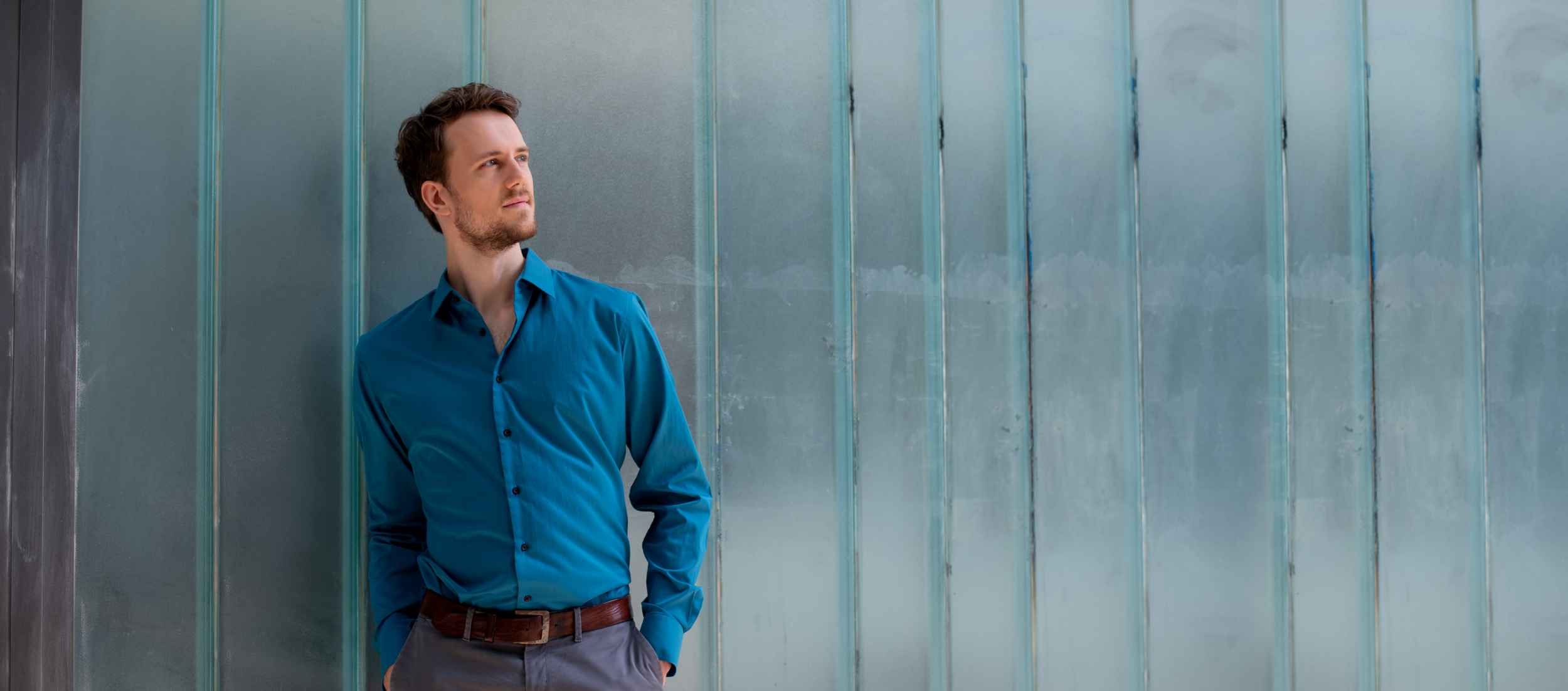
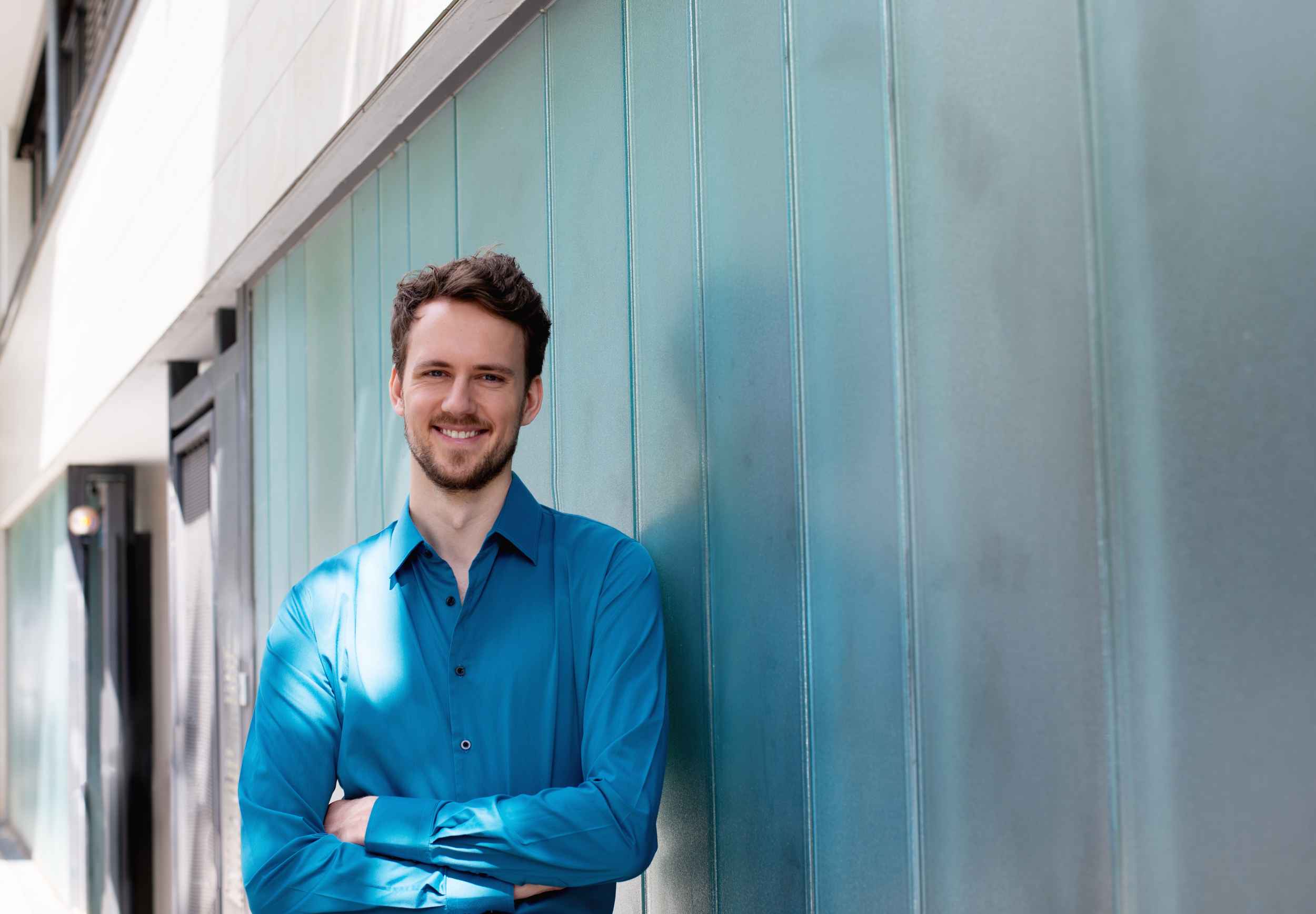
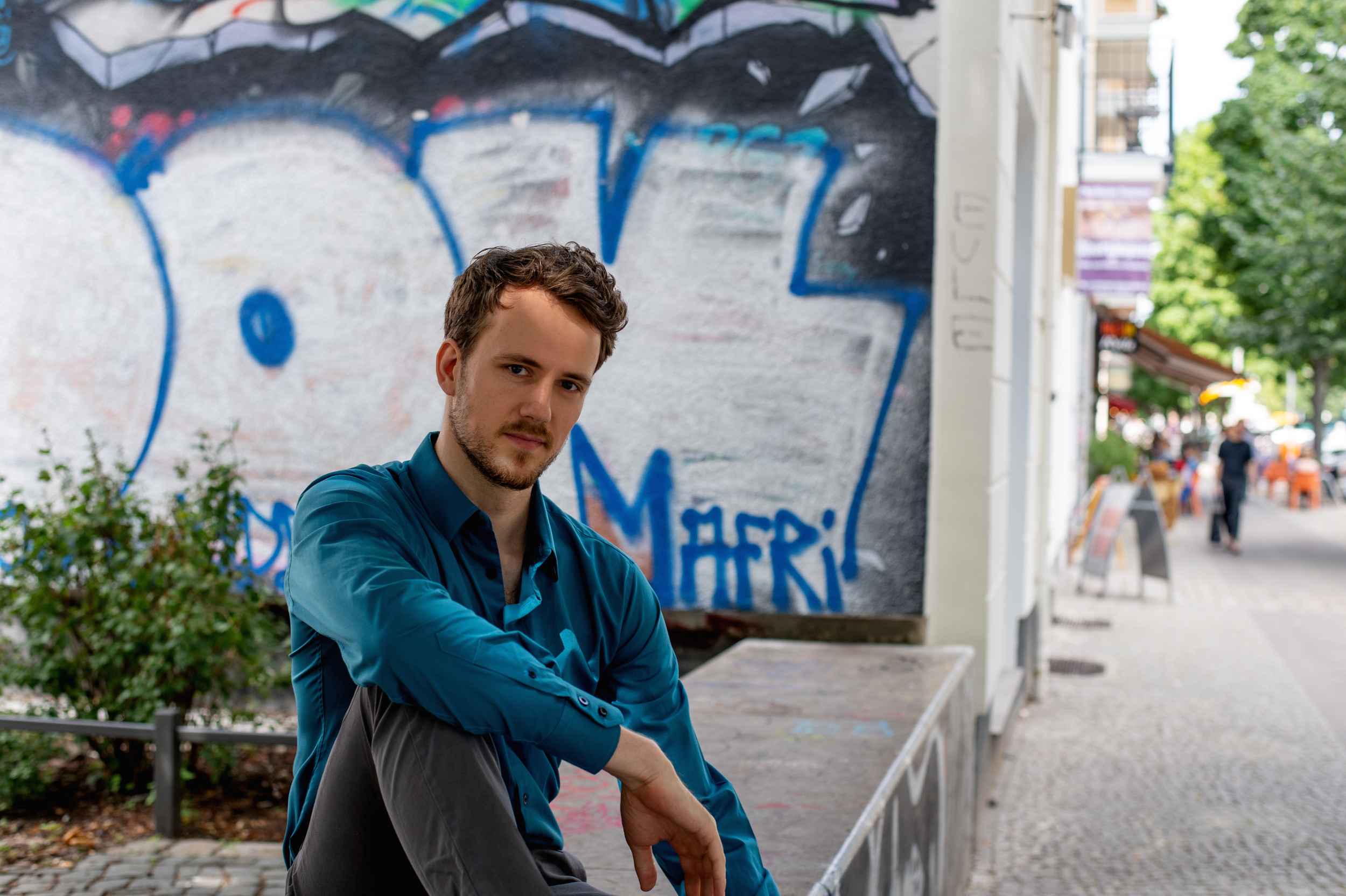
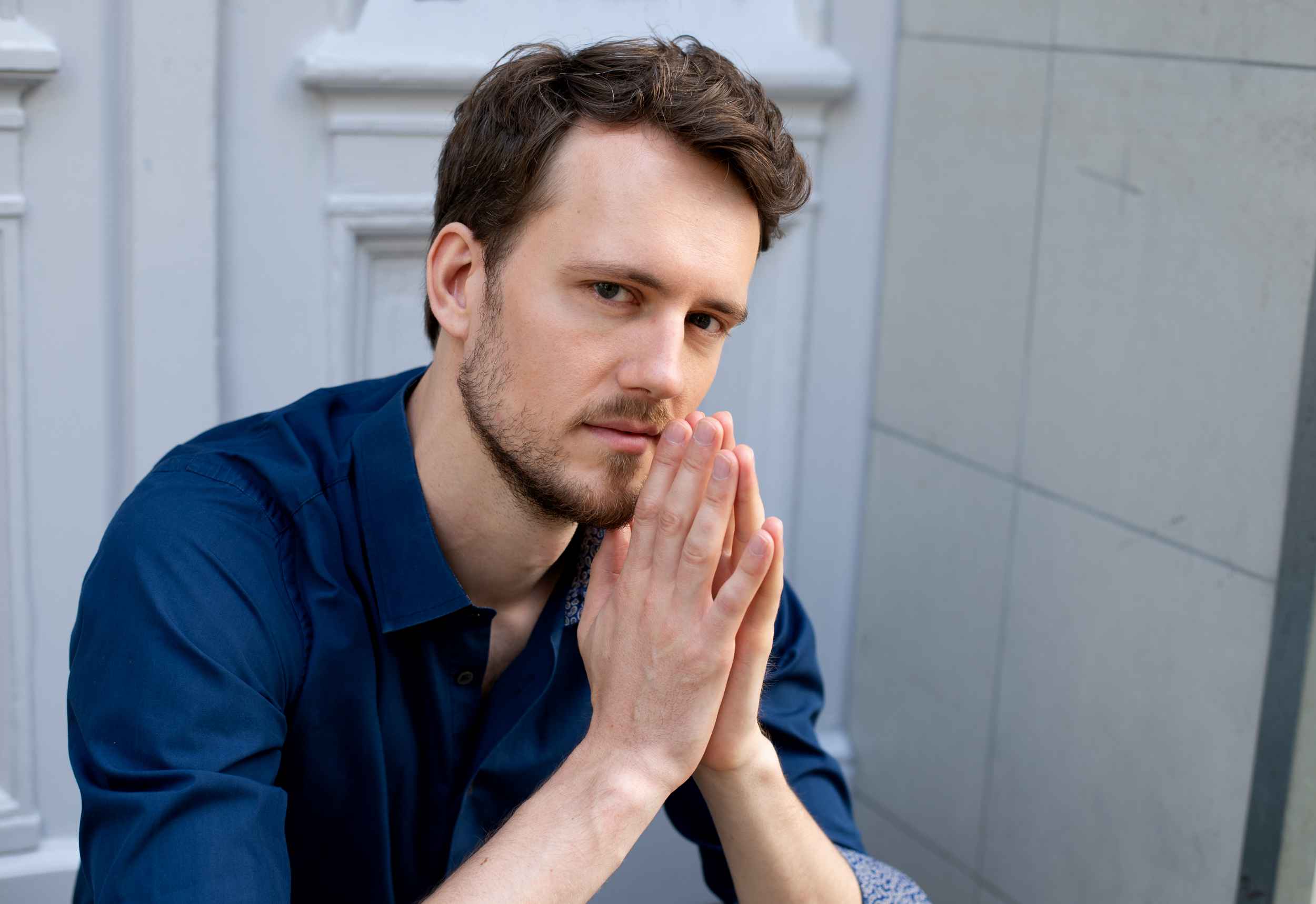
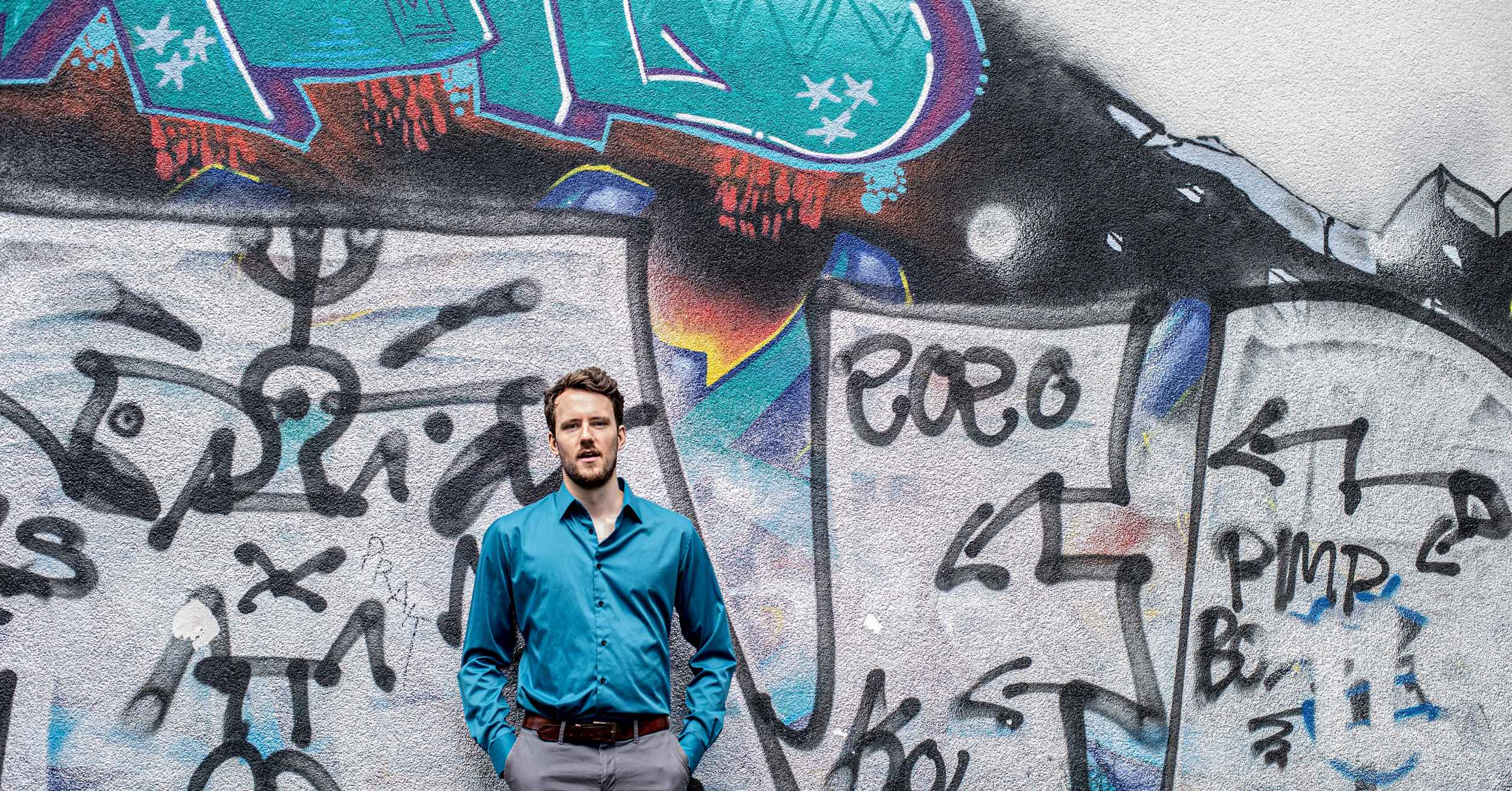
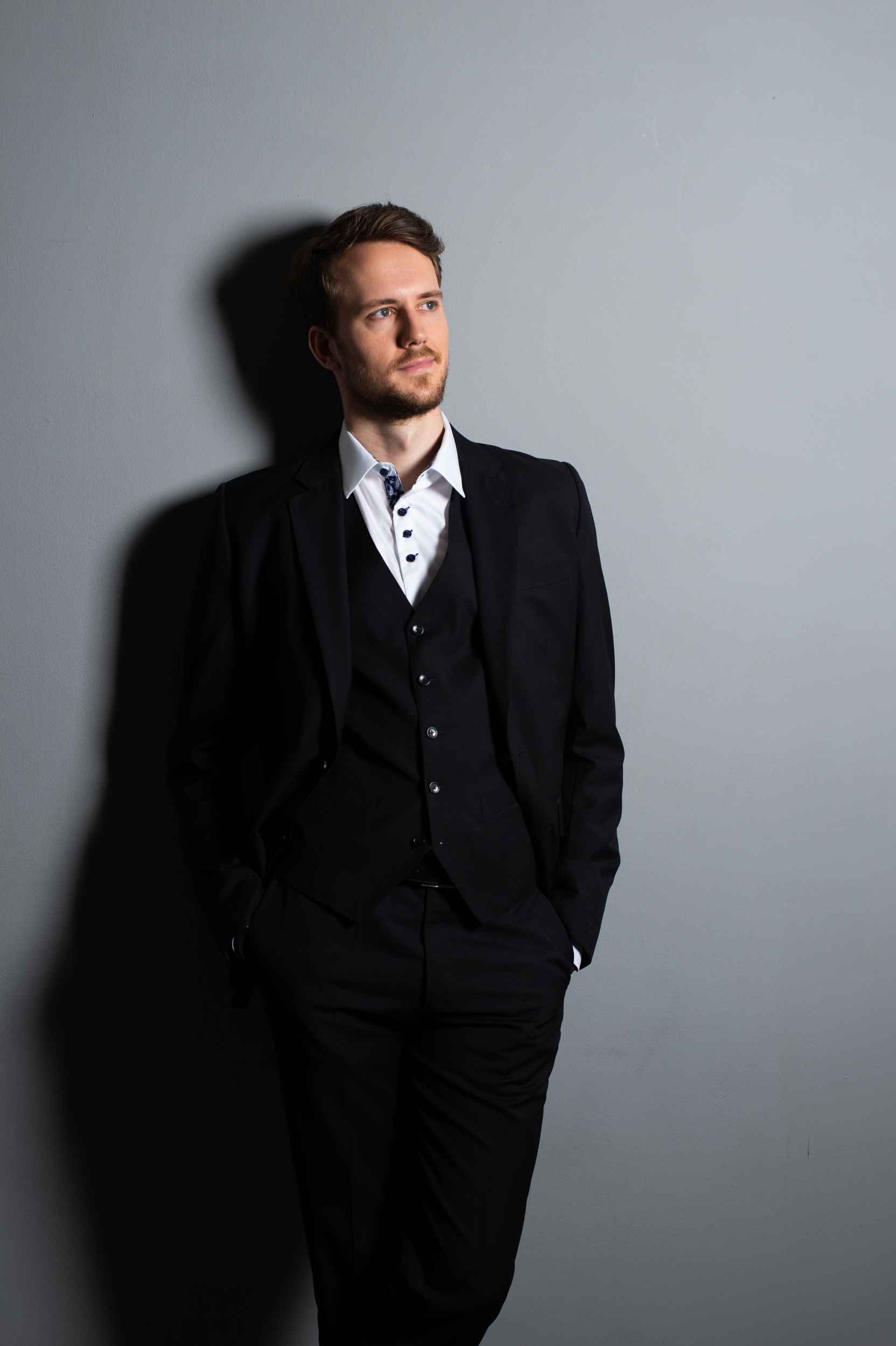
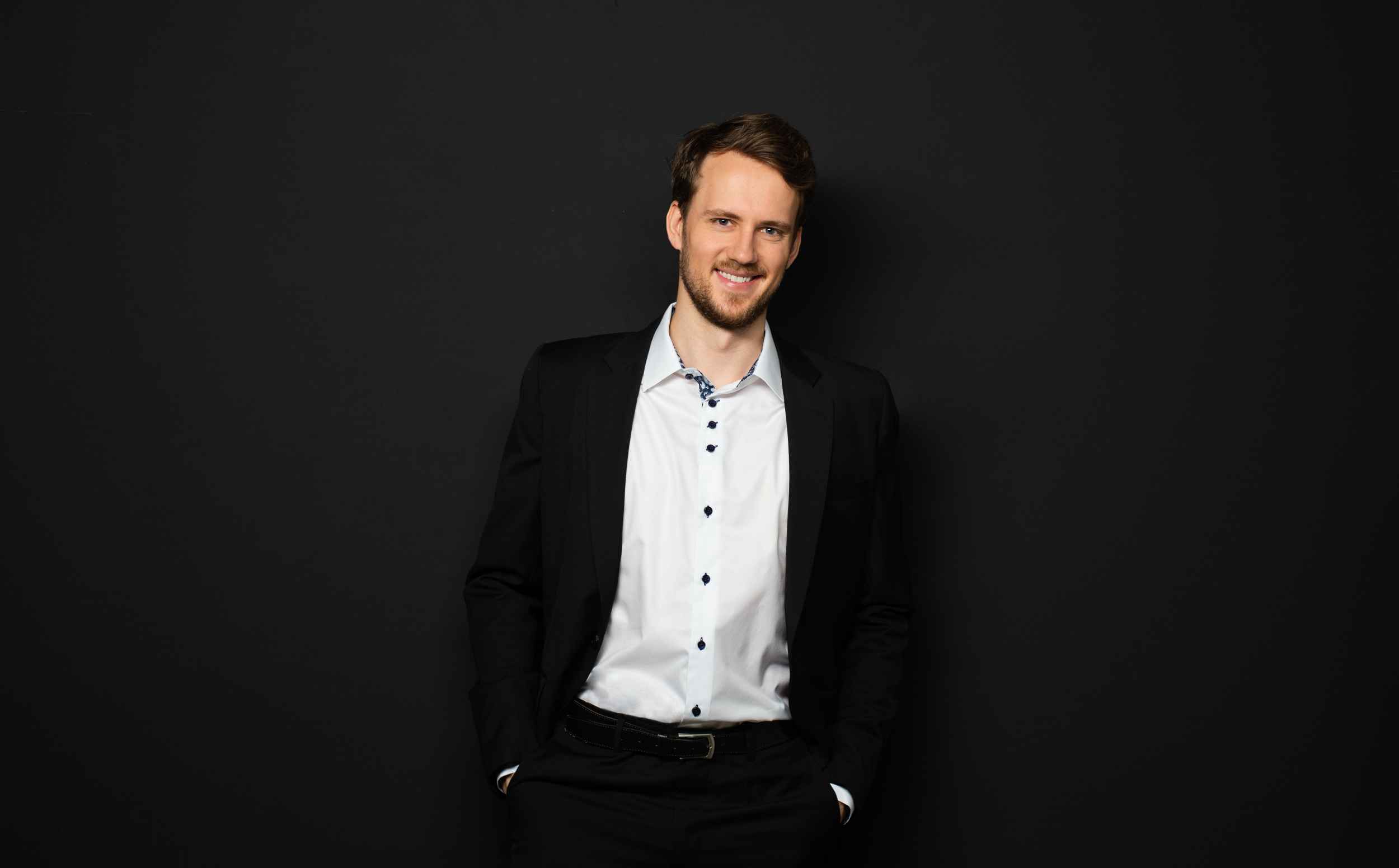
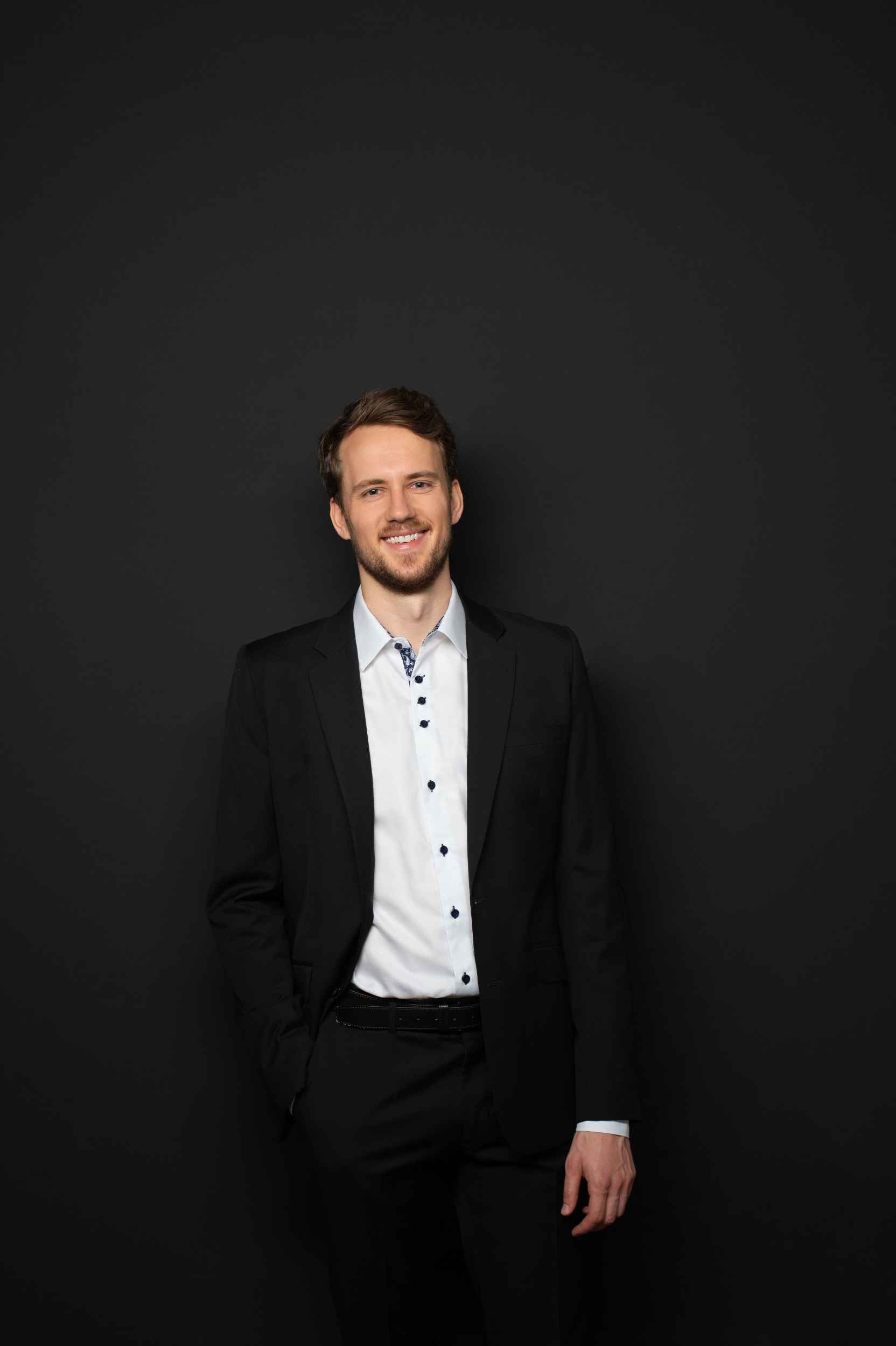
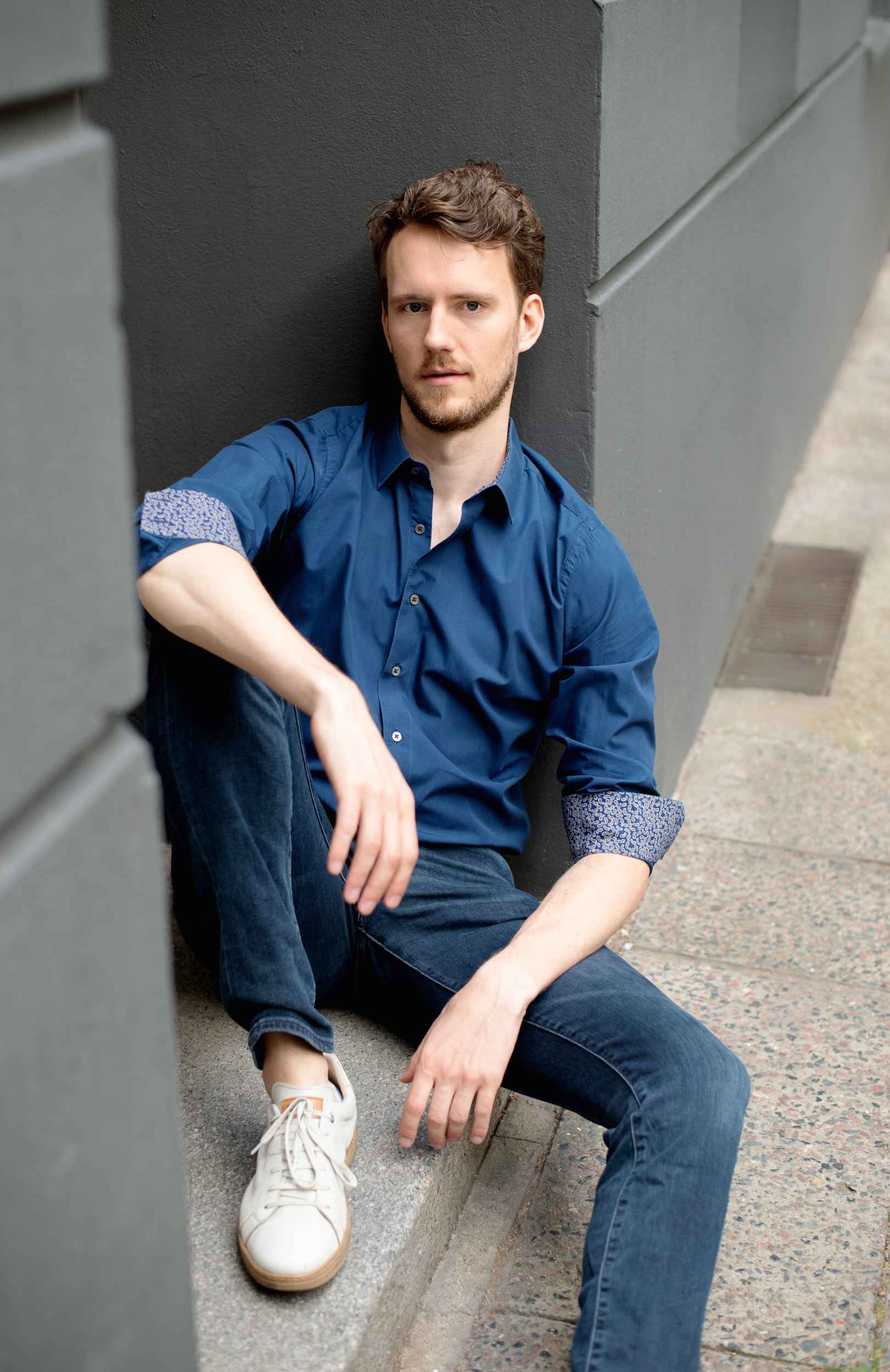
Lieder eines fahrenden Gesellen
Mahler
Lieder eines fahrenden Gesellen
Mahler
Tu sei il cor...
Händel
Tu sei il cor...
Händel
Hochrhein Musikfestival || Händel: Cantata Apollo e Dafne
Hochrhein Musikfestival || Händel: Cantata Apollo e Dafne
Rihm's Jakob Lenz - trailer
Rihm's Jakob Lenz - trailer
Yannick Debus zeichnet und singt diesen jungen, blendend aussehenden Gardisten mit herrlicher Virilität und Verdorbenheit. Die „wohlhabenden Männer“ in dieser Oper sind nicht gerade Sympathieträger: Der in Manon vernarrte (aber bei ihr abblitzende) Guy de Morfontaine ist dauerbesoffen und rachsüchtig.
Yannick Debus, a young singer who was until recently a member of the Zurich Opera Studio, made an impressive debut as Lescaut, Manon’s gambling and drinking cousin. His baritone was both powerful and elegant, and his committed acting was matched by a remarkable stage presence.
Yannick Debus als Manons Cousin, der Gardist Lescaut, glänzt stimmlich mit dominanter Virilität und bringt schauspielerisch exzellent sein Schwanken zwischen familiärer Verantwortung, soldatischer Disziplin und Liederlichkeit bei Spiel und Alkohol zum Ausdruck.
Den vokalen Part steuerte Yannick Debus dunkel sonorer, legatofähiger und dynamisch eingesetzter Bariton bei und bot damit genauso viel Hörfreude wie es die Tänzer visuell vollbrachten.
Yannick Debus ist der voluminöse Bariton, der die jähen Stimmungskontraste mit häufigem Taktwechsel in fesselnder Weise einfängt.
And then comes Orpheus: baritone Yannick Debus offers a voice strong both in the low and high registers, where timbral clarity and acoustic power intertwine with rare naturalness. A vocal presence that imposes itself without excess, always in service of the sung word
Equally dramatically fascinating is the scene when Orpheus, sensitively sung by baritone Yannick Debus, descends into the underworld via a portal shaped like a Greek, blood-red mascaron.
As Orpheus himself, we can rejoice in Yannick Debus, who has a rich and full baritone that no one can complain about. Yet there is something paradoxical about the constellation. The vocal folds themselves and the extravagant style of the soprano part mean that the divine singer is overshadowed in his own story.
Leurs fiancés Guglielmo et Ferrando sont d’abord un régal de complicité, les voix s’accordant à merveille dès les trios initiaux : richesse des harmoniques, timbres superbes ! Le baryton Yannick Debus enchante aussi par ses dons de comédien, dans un « Non siate ritrosi » anthologique, colorant chaque mot avec intelligence. S’il n’est pas évident que l’air alternatif « Rivolgete a lui lo sguardo » – plus exigeant techniquement – lui convienne aussi bien, il déploie un phrasé souverain dans le duo « Il core vi dono ». Déjà, sa stature sonore dévoile la fibre d’un Don Giovanni versant juvénile. Rouspéteur à souhait mais toujours distingué de ligne, il fait chavirer la salle dans un « Donne mie la fate a tanti » truculent en diable.
Waren er dan helemaal geen lichtpuntjes? Ja, gelukkig zong de Duitse bariton Yannick Debus zijn hondsmoeilijke partij fenomenaal: zoveel kleuren, zoveel klankschoonheid… wat een verademing!
A tout seigneur, tout honneur : Yannick Debus campe un Ercole plein d’autorité. Verticalité, beau métal de la projection sont mis en valeur par le gras du timbre. Son ultime aria, celle de sa mort, est particulièrement réussie
Yannick Debus, as Jakob Lenz, rises to the challenge of this difficult material. Debus was fantastic in the title role, his standing ovation well-earned. He brought deftness and complexity to both the spoken and sung parts of the role, whether clambering up and down towers of boxes or curled up in the foetal position, whether delivering the text in a broken whisper or hitting the high notes with aplomb. More importantly, perhaps, he makes you care about Lenz, unable to dismiss him as a madman as his contemporaries do. (There is a genuinely chilling moment in the final scene when the ghosts are screaming and no one but Lenz can hear them.) In the end, this remains the power of Jakob Lenz: to destabilise, to tug at the heartstrings, to leave you haunted.
Yannick Debus beeindruckt mit hervorragender Diktion und einem kraftvollen, sonoren Bariton.
Alone among the singers, Yannick Debus, essaying the role of Emireno, delievered the most consistent performance of the evening. He has a strong stage presence and is a good actor.
Yannick Debus interprète avec une vigueur peu commune et un jeu très physique le bouillant corsaire Emireno
Yannick Debus [...] interpretiert mit markantem Bariton die Partie des Emireno.